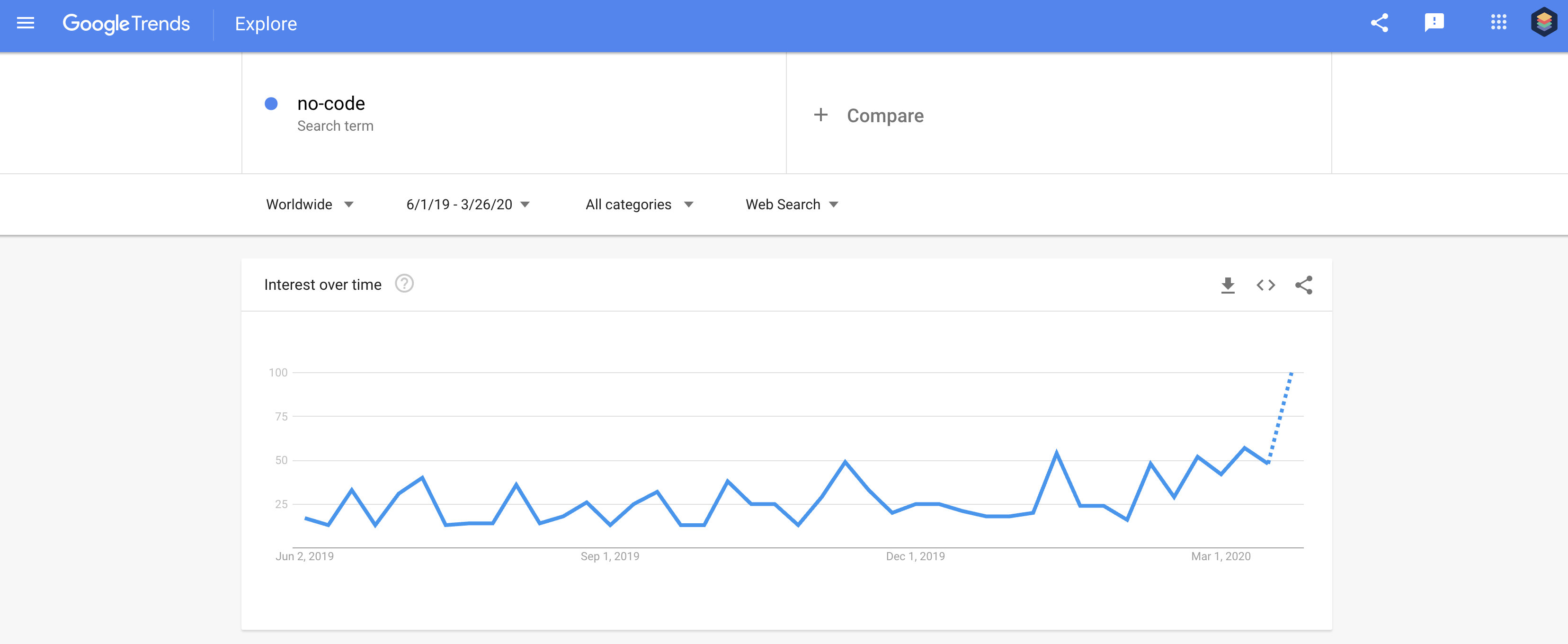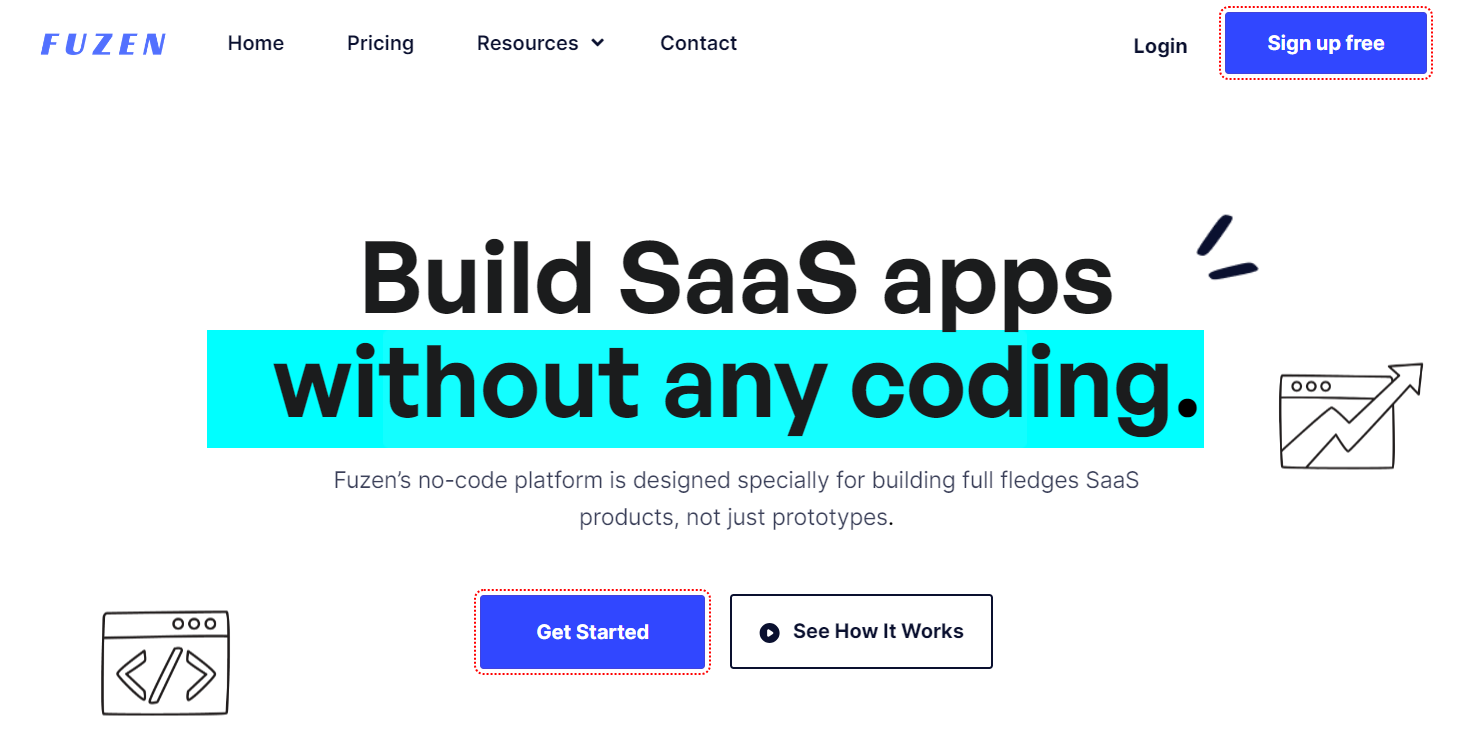Unlock the Power of No-Code for Open System Database Production
Checking Out the Benefits of Scalable Databases That Call For No Coding Abilities for Effective Data Management Solutions
The emergence of scalable databases that get rid of the requirement for coding skills presents a transformative possibility for organizations looking for efficient information monitoring options. As we take into consideration the implications of such advancements, it becomes crucial to analyze just how they can reshape the landscape of data administration and drive sustainable development in a competitive environment.
Enhanced Availability for Users
Improved accessibility for users is a crucial facet of scalable databases, guaranteeing that data administration systems are user-friendly and instinctive. In an era where data-driven choices are critical, availability enables a bigger variety of users, including those without comprehensive technical knowledge, to engage with data source systems efficiently. This democratization of information gain access to facilitates enhanced partnership throughout divisions, encouraging staff members to remove understandings and make educated decisions.
Easy to use interfaces, such as visual data and drag-and-drop attributes depiction, simplify intricate information communications. These improvements minimize the learning contour connected with conventional database management, allowing users to focus on leveraging data instead of coming to grips with technical complexities. Scalable data sources often incorporate real-time analytics and adjustable dashboards, providing users with prompt insights tailored to their certain requirements.

Cost-Effectiveness and Resource Financial Savings
Reliable information monitoring not only pivots on accessibility yet additionally on cost-effectiveness and resource cost savings. Scalable data sources designed for customers without any coding abilities considerably lower financial concerns typically related to conventional data source monitoring systems. By removing the requirement for specialized programs proficiency, organizations can allot their resources much more successfully, concentrating funds on core service activities instead than substantial training or working with proficient workers.
Additionally, these data sources commonly utilize cloud-based remedies, which better reduce costs connected to equipment and maintenance. Organizations can scale their database solutions according to their requirements, staying clear of the expenditures incurred from over-provisioning sources. This flexibility implies businesses can adjust to transforming demands without sustaining unnecessary costs, leading to considerable long-term financial savings.
In addition, straightforward user interfaces simplify information entrance and management procedures, decreasing the time invested in management jobs. This effectiveness translates into labor cost savings, allowing groups to concentrate on calculated campaigns as opposed to routine maintenance. Overall, taking on scalable data sources that require no coding skills promotes a more affordable approach to information monitoring, enabling organizations to optimize their resources while preserving high levels of operational efficiency.
Improved Cooperation Throughout Teams

Furthermore, scalable databases help with smooth communication amongst staff member. With straightforward user interfaces that call for no coding abilities, workers can quickly create, customize, and share records or dashboards tailored to their particular needs. This democratization of information equips non-technical customers to contribute understandings, boosting the collective atmosphere.
Additionally, these databases support simultaneous gain access to, allowing several customers to work with the exact same dataset concurrently. This feature improves performance, as groups can take part in joint data analysis without the threat of variation control problems. The capability to leave remarks or notes straight within the data source even more promotes discussion and clarifies data interpretations.
Streamlined Data Management Processes
In today's data-driven environment, organizations recognize the necessity of streamlined information management processes to make best use of efficiency and precision. By leveraging scalable data sources that need no coding abilities, services can streamline their data handling and lower the intricacies normally connected with traditional database systems. This availability equips non-technical individuals to engage directly with data, helping with quicker decision-making and reducing dependence on specialized IT workers.
Streamlined information management processes boost operations by automating routine jobs such as information entry, validation, and reporting. Automated data combination guarantees that information from various sources is accumulated seamlessly, removing silos and fostering a merged sight of essential organization metrics (no-code). Moreover, user-friendly interfaces allow workers to manipulate information easily, enabling them to create understandings that drive calculated efforts without the need for substantial training.
This performance not just speeds up functional processes yet likewise reduces the potential for human error, ensuring that data continues to be reputable and precise. Inevitably, streamlined data administration processes with scalable databases bring about improved performance, allowing companies to concentrate on core tasks while ensuring that their data management practices are efficient and efficient.
Scalability for Growing Companies

For expanding ventures, the capacity to scale up or down is critical. A scalable database can handle an influx of information generated from brand-new clients, products, or solutions, making certain that organization operations remain nonstop. Moreover, these data sources provide the ability to manage peak loads successfully, which is important during periods of rapid development or seasonal spikes.
In addition, lots of scalable data source solutions are developed with straightforward user interfaces that call for no coding skills, encouraging non-technical personnel to take care of data successfully (no-code). This democratization of information management permits companies to allocate sources strategically and lower reliance on specialized IT employees
Inevitably, embracing a scalable database not just improves operational performance yet also cultivates an environment where businesses can evolve and introduce without the restraints of standard database systems. This versatility settings organizations for long-term success in today's affordable landscape.
Final Thought
In verdict, scalable databases that require no coding abilities give considerable benefits for efficient information management. By streamlining data monitoring procedures and using scalability for growing services, such options allow companies to adjust to transforming demands successfully.
Boosted accessibility for users is a crucial facet of scalable databases, guaranteeing that information administration systems are user-friendly and user-friendly.User-friendly click to read more user interfaces, such as drag-and-drop functions and aesthetic data representation, simplify complex data communications. Generally, taking on scalable data sources that need no coding abilities fosters a much more affordable method to data administration, enabling organizations to maximize their resources while maintaining high degrees of functional effectiveness.
By leveraging scalable databases that call for no coding abilities, companies can streamline their information handling and minimize the intricacies commonly linked with traditional database systems - no-code.Structured data administration processes boost process by automating regular jobs such as data entry, validation, and reporting